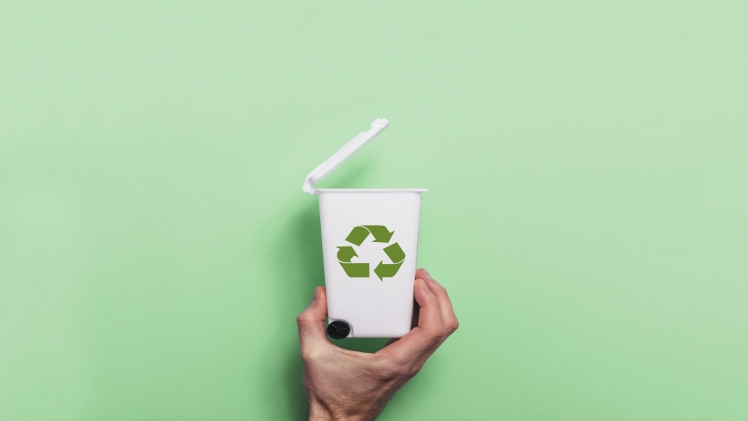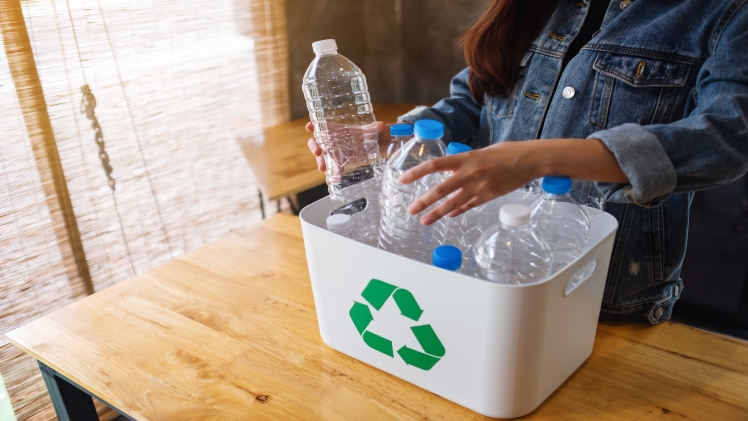Some households are unaware of how much waste they generate on a daily basis. From spoiled leftovers to piles of unrecycled plastics, most of them just end up in landfills, combustion facilities, or, worse, in the rivers and oceans. Too much trash has always had detrimental effects on communities and the planet. Head over to WM Waste Management Services if you’d like to know more about skip bin hire.
The good news is that more people are thinking about their individual choices. They’ve made small changes at home to have a more significant and more positive impact on the natural world. If you’re curious how most of them have made positive changes to the environment, check out the list below for the best practices of reducing household wastes.
- Recycle More
Do you make it a priority to recycle as much as possible? Because at the end of the day, there’ll always be garbage, and the best thing to deal with them is to recycle them. Look into your community if they have recycling programs. Plastics, cans, and glass bottles account for the majority of recycled waste. Alternatively, you could hire a rubbish removal company that recycles as much junk as possible. If you’re interested, here’s a great place to get started.
- Buy Smart
When it comes to purchasing household products for household rubbish removal or supplies, most folks would often say, “Quality above quantity.” or supplies, most folks would often say, “Quality above quantity.” This phrase will come in handy in reducing household waste. Instead of purchasing low-quality items, why don’t you buy high-quality ones? Besides, higher quality could mean such items will last longer. Reduce your total waste by buying things that last longer, whether it’s your cookware, clothes, or dishes, among many other things.
- Use Reusable Items
Paper plates, single-use batteries, and plastic zip-top bags may seem appealing. But, reusable bags, on the other hand, are far superior. Rather than utilizing these disposable items, invest in products that can be reused, such as washable dishes, rechargeable batteries, and reusable containers or bags. When you do so, you might as well save money in the long run.
- Utilize Recyclable Shopping Bags
In addition to the above number, eco bags can be used instead of plastic bags. Plastic shopping bags will always be harmful to the environment if shoppers prefer them over reusable ones. Because even if they can be recycled, most people just toss them away. So, the ideal option is to always have reusable shopping bags with you when you go shopping. After all, they’re more durable and capable of holding more than plastic bags.
- Buy Less
When you live in a consumerist society, you’re more likely to feel the need (or want) to have more. But, since you’re learning how to reduce your waste, you’ll need to take a step back and reconsider your reasons for purchasing. Do you really need such an item? The majority of the time, the response will be ‘No.’ Therefore, try to have less and avoid purchasing anything that isn’t really necessary.
- Plan Your Meals
Do you make meal plans at home? This step will be essential for you to not end up having too many leftovers or spoiled produce. Don’t overspend, and keep track of everything you’ve purchased and used. Also, when buying fresh produce, always refer to the ‘use by’ and ‘best before’ dates to avoid throwing them away when they expire.

- Donate Or Sell Old Items
If you have old and abandoned things or clothes lying around the house, you can give them to charities. Look for donation programs that can assist you on this one. Any type of furniture, household items, or clothing pieces are usually accepted. If you have old books, you may donate them to schools and libraries as well.
Another option is to hold a yard sale. You could earn a little money by doing this while clearing away unneeded stuff at home.
- Turn Appliances Off
Turning your appliances off and unplugging them when not in use is a great way to reduce energy waste. After all, they shouldn’t be left on standby because they tend to use energy unnecessarily. Don’t forget to turn off your appliances after you’re done using them. Look around your house to see if anything has been switched on for no reason.
- Start A Compost
Do you have an expansive outdoor space? If so, you can start a compost pile. But ,if you don’t have ample space for it, you can buy or make your own compost bin. This way, no food waste will be sent to landfills.
Composting allows you to create lush, nutrient-rich soil right in your own backyard. But, if you have no time to make or maintain a compost, you may try to check if your town offers composting services.
The Bottom Line
A great way to minimize your carbon footprint is to reduce your wastes at home. There are still many more ways to reduce your household wastes apart from the ones discussed above, and most of them are easy to do. If you choose to pursue an eco-friendly way of living, you’re saving the environment.
Read more about f95zone

